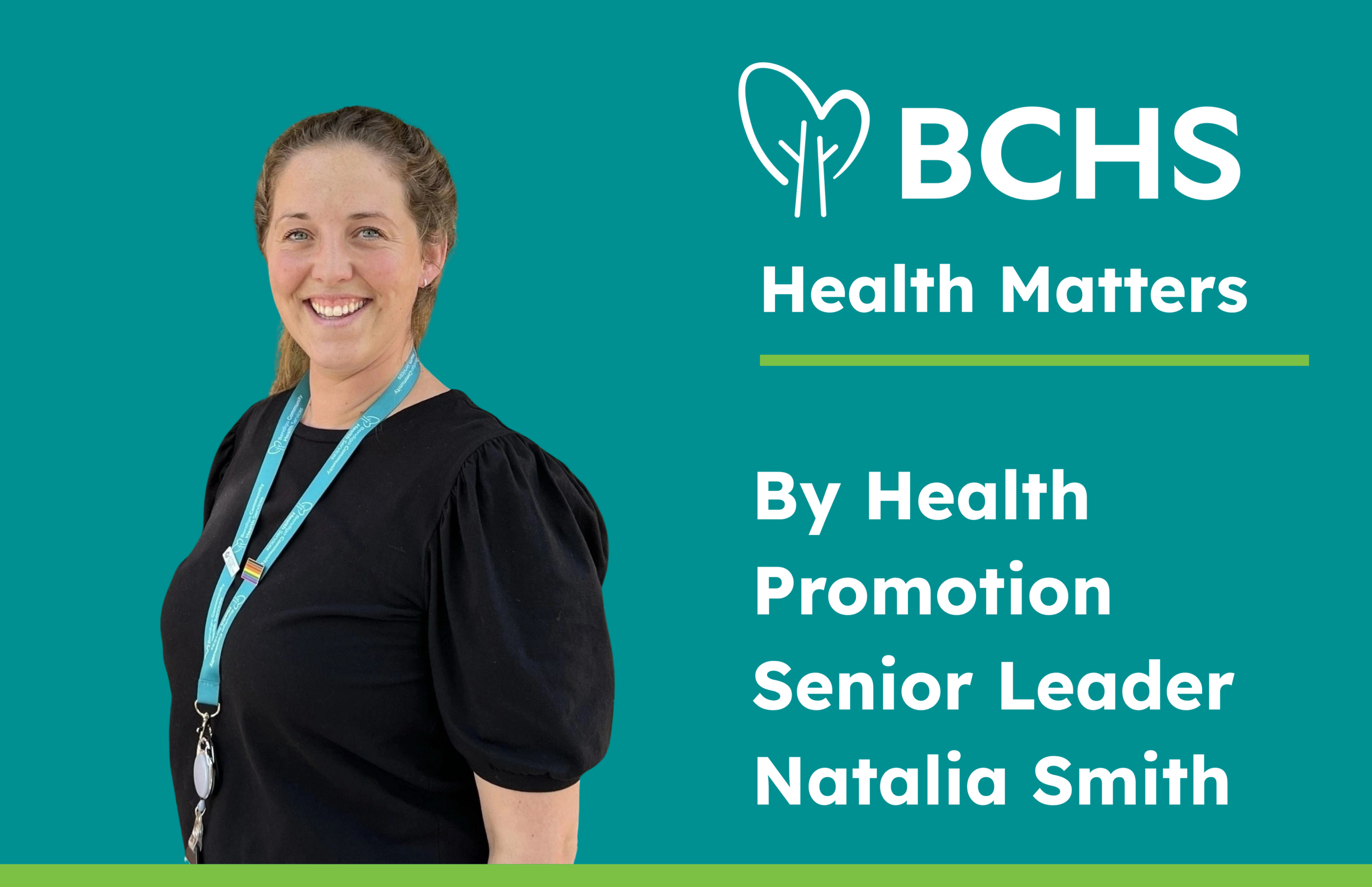Hormones, hygiene and hair growth… Parental guidance is recommended for this rite of passage…
So, parents… that puberty talk… do you just throw a book at your kids and close the door? Well… here’s another approach you could try.
Top tips to give your teen a puberty pep talk:
- Start your conversations early – normalise these conversations and build healthy habits.
- Puberty and sexual health are not something that is done in talk. Don’t try to fit it all into one conversation, revisit topics as your child grows.
- Communication is important. It is the foundation for informed choices and autonomy and holds the power to either reduce or reinforce stigma and shame. Really listen to what your child is saying to you – joys, concerns and worries. Ask gentle questions to see what they already know. If you don’t have the answer to a question, it’s OK to say that you don’t know but will find out.
- Keep your young people safe and informed by using correct names for their private body parts.
- Make it relevant – use opportunities that arise in everyday life to start the conversations, such as an issue on social media, TV or a pregnancy.
- Teach body ownership. It’s important your child understands that their body is their own and they don’t have to let anyone touch them in a way that’s unsafe and/or unwanted. This is the beginning of teaching them about consent.
- Ask your child to compare how they looked when they were small and how they look now. Then, ask them to identify how they have changed.
- Remind your child that their body will continue to change as they get older. This is normal and a part of growing up.
- Have the conversations while doing another activity like driving to school or doing dishes. This can help with the awkwardness and you won’t have to make eye contact.
- Don’t overexplain. Give the facts and leave time for questions.
- Be prepared, use books and videos.
- Try not to tease them about any changes.
What is puberty?
Puberty is nature’s way of saying, ‘let’s make life a little more interesting!’. It describes the physical changes that happen when a young person’s body starts to become more like an adult’s body. It’s when a young person’s sexual and reproductive organs mature, and before any physical changes happen, the body starts to make hormones that trigger sexual development and growth.
When they come, the physical changes include breast development, menstruation / periods, penis and testicular growth, erections, wet dreams, masturbation, body image, deepening of voice, hair growth and personal hygiene.
You remember how it was, right?
Time is an illusion…
In case puberty was just a touch too long ago to remember, changes usually happen between the ages of 8-16. Early changes in a young person’s brain and hormone levels can’t be seen on the outside so it’s important to know that puberty can start at different times for different people. And the changes can be physical, social or emotional.
It’s a hormonal roll of the dice and you never know which one you may get!
And we’re afraid the same goes for a time range on just when puberty will finish; it can take around 18 months to complete, or it could take up to five years.
Yep, it’s a time for you and your young person to buckle up for the ride of their life!
Small talks will be of the biggest help!
Is a puberty conversation imminently forecast in your house? Chances are it’ll be partly hormonal with a chance of mood swings – and that may just be for you as you navigate what can be an awkward topic!
We do get it though. Talking about puberty, periods and reproductive health with your child can be tricky. It’s normal for parents to feel all the feels, but it’s also important that you don’t just wait for your child’s questions; consider in advance what they need to know to be supported in this phase of their development.
The good news is that there is no need for the ‘Big Talk’, just lots of small talks as you go along. Check out our top tips to the right.
Please sir, can I have some more (information)?
Your challenge as a parent is to offer love and boundaries in order to protect your child, while also giving them responsibility and control in increments as they move towards adolescence. We can help with our parent puberty sessions. Or you can simply contact the Health Promotion team with your questions by email, or give us a call 5406 1200 and someone will be able to support.
Reference: Sexual Wellbeing Ireland – Making the ‘Big Talk’ many small talks: For parents of 8 – 12 year olds







